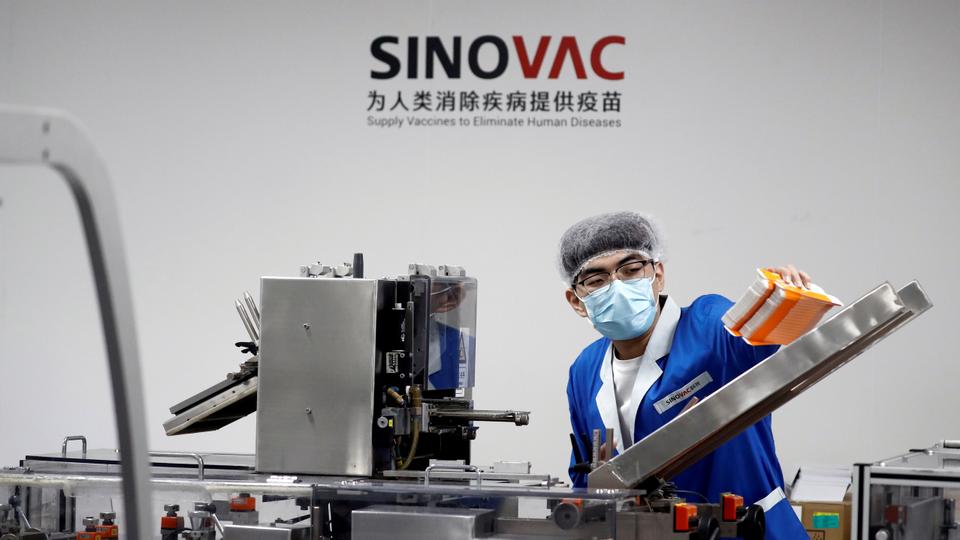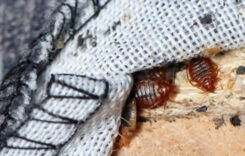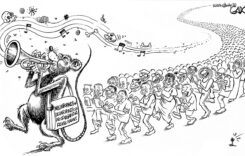The Sinovac vaccine showed an efficacy rate of 50.7% in a test study in Brazil, according to media reports.
The report has raised interest in Zimbabwe, where Sinovac is one of the vaccines in use.
What do all these numbers really mean? Does it mean that Sinovac does not give you enough protecion as some social media posts claimed? No.
We asked the experts. Here, we break it down in simple terms.
Of those in the study, conducted in Brazil’s own conditions where there are unique variants, it was found that there is a 50.7% of being infected.
However, the whole point of vaccines is to make sure that, if you get the virus, there is less chance of getting sick or dying. This is where the data is important.
The study found that of those that do get the virus, there was only a 16% chance that they will get “moderate” sickness. That is, in rough terms, a mild illness that needs some assistance.
But the tests showed that the vaccine has a 100% efficacy against severe illness and death. This means that, of those vaccinated in the test group, there was 0% chance of them getting seriously ill or dying.
In other words, the vaccine prevented them from having to be admitted to hospital. It protected them from death.
According to Dr Norman Matara of the Zimbabwe Association of Doctors for Human Rights: “It means that against the strain in Brazil, half of people who gets the vaccine can still get infected with COVID. However of the half that gets infected, only 16% will have moderate symptoms and none of those vaccinated will die or get severe disease.”
It is important to note that this test was done on COVID-19 variants in Brazil, which are different from those found in Zimbabwe.
What is efficacy anyway?
According to the WHO, vaccine efficacy measures a vaccine’s protection against a disease in a vaccine trial. If a vaccine has, for example, 70% efficacy, it means that a person vaccinated in a clinical trial is around 70% less likely to develop the disease than someone in the trial who didn’t get the vaccine.
The WHO considers a vaccine with 50% efficacy as useful.
And what is effectiveness?
When you give a vaccine outside a clinical trial, the WHO then refers to vaccine ‘effectiveness’. Compared with efficacy, effectiveness takes into account all the things of the real world, outside of a controlled clinical trial setting. This is why governments and scientists everywhere are activing monitoring how effective vaccines are.
Do you want to use our content? Click Here












